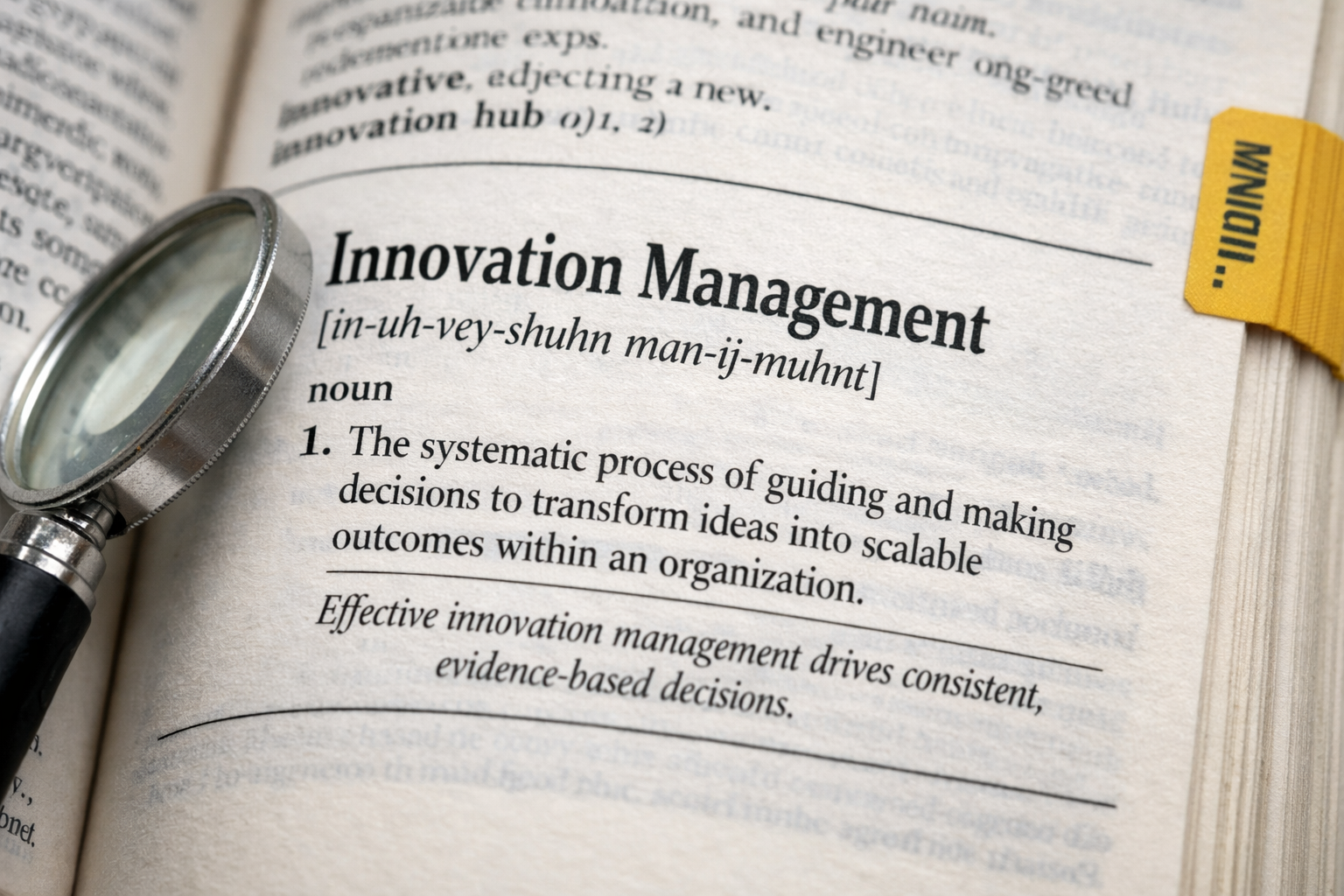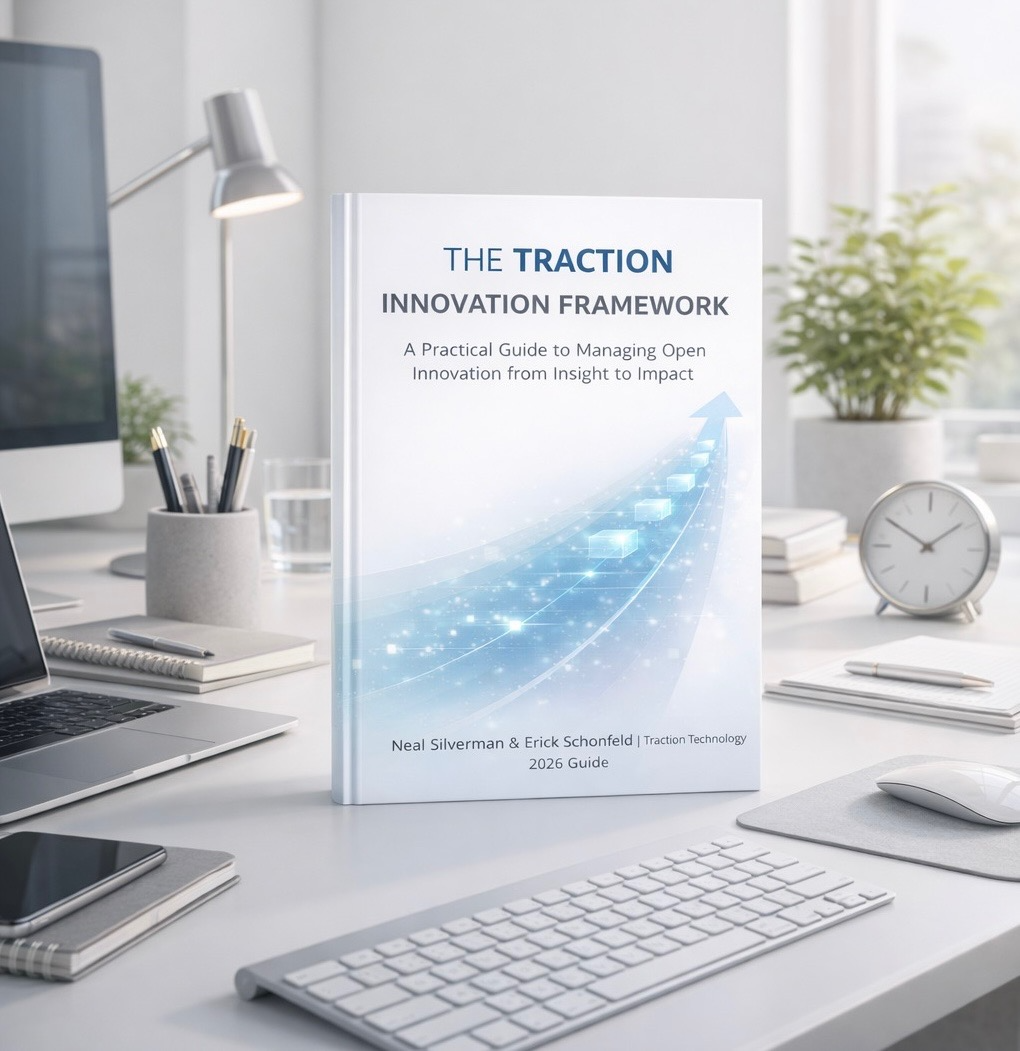The pharmaceutical industry is one of the most important sectors of the global economy, as it plays a crucial role in improving the quality of life and reducing the burden of disease. However, despite the significant advances made in this industry over the years, there are still many challenges that need to be addressed. One of the ways that the pharmaceutical industry can address these challenges is by leveraging the power of artificial intelligence (AI) and machine learning (ML). In this article, we will explore how AI and ML, and Open AI specifically, are transforming the pharmaceutical industry.
AI and ML are technologies that are revolutionizing many industries, including the pharmaceutical industry. AI refers to the ability of machines to perform tasks that would normally require human intelligence, such as recognizing patterns or making decisions based on data. ML is a subfield of AI that involves the development of algorithms that can learn from data, improve over time, and make predictions or decisions based on that learning.
In the pharmaceutical industry, AI and ML are being used to improve drug discovery, clinical trials, and patient care. By analyzing vast amounts of data, AI and ML algorithms can identify new drug targets, predict how drugs will interact with the human body, and even help doctors make more accurate diagnoses. Open AI has the potential to be a game-changer for the pharmaceutical industry. By providing access to powerful AI tools and resources, Open AI can help accelerate drug discovery, improve clinical trials, and enhance patient care. Here are some of the ways that Open AI is transforming the pharma industry:
Accelerating Drug Discovery
Drug discovery is a complex and time-consuming process that involves the identification of new drug targets, the design and synthesis of new molecules, and the testing of those molecules in preclinical and clinical trials. This process can take years and cost billions of dollars.
However, with the help of AI and ML, drug discovery can be significantly accelerated. By analyzing vast amounts of data, AI and ML algorithms can identify new drug targets, predict how drugs will interact with the human body, and even design new molecules that are more effective and less toxic than existing drugs.
Open AI is providing researchers with access to powerful AI tools and resources that can help accelerate drug discovery. For example, Open AI has developed a deep learning model called GPT-3 that can generate new drug molecules based on a set of input parameters. This model has the potential to revolutionize the drug discovery process by reducing the time and cost required to identify and design new drug molecules.
Improving Clinical Trials
Clinical trials are a critical part of the drug development process. They are used to test the safety and efficacy of new drugs before they can be approved for use by the general public. However, clinical trials are often expensive, time-consuming, and fraught with challenges.
AI and ML can help improve the efficiency and accuracy of clinical trials. By analyzing vast amounts of data, AI and ML algorithms can identify patients who are most likely to benefit from a particular drug, predict how a drug will perform in a clinical trial, and even help identify potential safety issues before they become a problem.
Open AI is providing researchers with access to powerful AI tools and resources that can help improve the efficiency and accuracy of clinical trials. For example, Open AI has developed a deep learning model called CLIP that can analyze medical images and identify potential health risks. This model has the potential to revolutionize the way that clinical trials
are conducted by helping researchers identify patients who are most likely to benefit from a particular drug, and by identifying potential safety issues before they become a problem.
Enhancing Patient Care
Finally, AI and ML can also be used to enhance patient care. By analyzing vast amounts of data, AI and ML algorithms can help doctors make more accurate diagnoses, identify patients who are at risk of developing certain diseases, and even personalize treatment plans based on a patient's unique genetic makeup.
Open AI is providing healthcare providers with access to powerful AI tools and resources that can help enhance patient care. For example, Open AI has developed a natural language processing (NLP) model called GPT-3 that can analyze patient data and provide personalized treatment recommendations based on a patient's medical history and genetic makeup.
There are several Open AI startups that are working to transform the pharmaceutical industry by leveraging the power of AI and ML. Here are a few examples:
Atomwise
Atomwise is a startup that uses AI to speed up the drug discovery process. The company has developed an AI platform that can predict how molecules will interact with proteins, which is a key step in the drug discovery process. Atomwise has partnered with several pharmaceutical companies, including Merck and AbbVie, to develop new drugs using its AI platform.
Insilico Medicine
Insilico Medicine is a startup that is using AI to develop new drugs and treatments. The company has developed an AI platform that can analyze large amounts of data and identify potential drug candidates. Insilico Medicine has already used its AI platform to develop several drugs that are currently in clinical trials.
BenevolentAI
BenevolentAI is a startup that is using AI to improve drug discovery and development. The company has built an AI platform that can analyze large amounts of data and identify potential drug targets. BenevolentAI has already used its AI platform to identify potential treatments for rare diseases, and it has several partnerships with pharmaceutical companies.
Cyclica
Cyclica is a startup that is using AI to help pharmaceutical companies optimize their drug discovery process. The company has developed an AI platform that can predict how drugs will interact with proteins in the body. Cyclica's platform can also help identify potential side effects of drugs, which can be a key consideration in the drug development process.
Exscientia
Exscientia is a startup that uses AI to design new drugs. The company has developed an AI platform that can analyze large amounts of data and identify potential drug candidates. Exscientia has already used its AI platform to design a new drug that is currently in clinical trials.
These are just a few examples of the many Open AI startups that are working to transform the pharmaceutical industry. As AI and ML continue to evolve, we can expect to see more and more startups emerge in this space, bringing new innovations and solutions to the industry.
The pharmaceutical industry is facing many challenges, from the high cost of drug development to the need for more personalized treatment options. However, AI and ML, and Open AI specifically, have the potential to transform the pharmaceutical industry by accelerating drug discovery, improving clinical trials, and enhancing patient care. Open AI is providing researchers and healthcare providers with access to powerful AI tools and resources that can help address these challenges.
At Traction Technology we are proud of the work we are doing with our pharmaceutical customers and look forward to supporting their efforts to leverage these new technologies to make significant advances in improving the quality of life and reducing the burden of disease for people around the world.
How can Traction Technology help?
Traction Technology is a ground-breaking platform engineered expressly to eliminate internal innovation silos, thereby enabling enterprises to seamlessly collaborate and align their business needs with promising technologies. By providing dynamic features that promote collaboration and innovation, they aim to accelerate digital transformation in the enterprise.
Here's how Traction Technology can help:
.png)
Discovery of Relevant Startups: Traction Technology helps established companies discover relevant advanced technologies aligned with their strategic goals and innovation areas. It curates startups based on different industries, technology trends, and areas of business interest, making it easier to find potential partners or investment opportunities and share this information across the enterprise.
Collaboration and Engagement Tools: Traction Technology offers tools that help manage the engagement process with startups. It provides a structured approach to evaluating, tracking, and managing interactions with multiple startups across multiple project and pilots, improving efficiency and collaboration.
Data-Driven Insights: The platform provides data-driven insights to help make informed decisions. This includes information on startup funding, growth indicators, customers and competitors, which can help in assessing potential startup partnerships.
Innovation Pipeline Management: Traction Technology aids in managing the innovation pipeline. It helps companies capture ideas and request and track innovation projects, monitor progress, and measure results in real time, promoting a culture of continuous innovation.
Track KPIs and Generate Custom Reports: Effortlessly track Key Performance Indicators (KPIs) with real time dashboards and generate custom reports tailored to your organization's unique requirements. Stay
.png)
ahead of the curve by monitoring projects progress and engagement.
By leveraging a platform like Traction Technology, established companies can gain a competitive edge, driving their digital transformation journey and adapting to the fast-paced business environment. It supports the integration of startup agility, innovation, and customer-centric approach into their operations, which is critical for success in the digital age.
About Traction Technology
We built Traction Technology to meet the needs of the most demanding customers, empowering individuals and teams to accelerate and help automate the discovery and evaluation of emerging technologies. Traction Technology speeds up the time to innovation at large enterprises, saving valuable time and money by accelerating revenue-producing digital transformation projects and reducing the strain on internal resources, while significantly mitigating the risk inherent in working with early-stage technologies.
Let us share some case studies and see if there is a fit based on your needs.
Traction Report Update: 23 ways AI could transform your business in 2023.
For more information
● Explore our software and research services.
● Download our brochure: How to Evaluate Enterprise Startups.
● Watch a demo of our innovation management platform and start your free trial.










.webp)